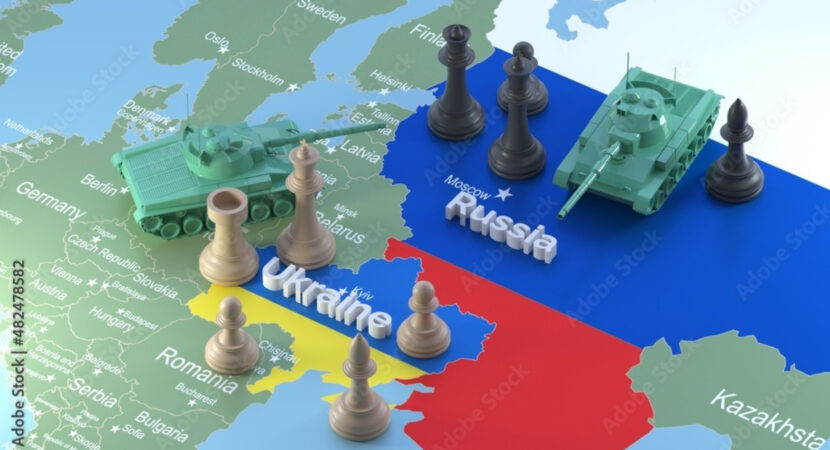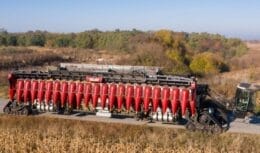
War between Russia and Ukraine affects economies around the world and World Bank predicts even more intense rises in prices
The consequences of the conflict in Eastern Europe, between Russia and Ukraine, continue to appear and should last until 2024. According to the World Bank in a Commodity Market Perspective report, the instabilities and shocks seen in food and fuel prices around the world may cause a risk of stagflation.
According to an article by Maytaal Angel published on the CNN Brazil website on April 26, Tuesday, the World Bank said, during its first general and comprehensive study of the effects of the war between Ukraine and Russia – which was the agenda of conversation between Brazil and the United States – on commodity markets, that the planet is experiencing the biggest shock of values in the sector since the 70s.
According to the World Bank, the impact resulting from the war between Russia and Ukraine is increasing due to restrictions on the fuel, food and fertilizer market, further increasing inflationary pressures around the globe.
For the World Bank, the rise in global prices could be radical
On measures to be taken in view of the context generated by Russia and Ukraine, Indermit Gill, World Bank Vice President for Equitable Growth, Finance and Institutions, stated: “Monetary policymakers should seize every opportunity to increase economic growth and avoid actions that bring harm to the global economy”.
In this sense, the World Bank predicts, as a result of the clash between Russia and Ukraine, an increase of more than 50% in energy prices this year. For the next two years, 2023 and 2024, prices are expected to slow down. In agriculture and in the metals sector, values are expected to rise by around 20% in 2022.
The two European countries have a strong presence in the world market
It is noteworthy that Russia is the largest exporter of natural gas and fertilizers of the globe, and the second country that most exports oil. Together, Russia and Ukraine account for nearly a third (⅓) of world wheat exports, 80% of sunflower oil exports, and nearly 20% of corn exports.
Since February 24, the date on which Russia's attacks on Ukrainian territory began, both the production and export of these and other commodities have been compromised.
Steel rising: affected by the conflict between Russia and Ukraine, steelmakers in Brazil raise prices for the product, which may reach an increase of up to 10%
Due to the conflict between Russia and Ukraine, the world market has been affected in several ways, one of which is the increase in the price of steel. Thus, steelmakers in Brazil have also followed international steel values. According to specialists in the field, Gerdau rebar prices in Brazil increased from 6% to 9%. Companhia Siderúrgica Nacional (CSN) will carry out increases of between 8% and 10%, until the beginning of April, at most. So far, Usiminas has not announced changes, but it is likely that it will follow the same path.
Gerdau's increase follows a strongly reduced import similarity equation, greater than 20%, compared to break-even levels of 5%. Just this week, a report was published by BTG Pactual in which analysts Caio Greiner and Leonardo Correa stated that long steel prices were lower compared to long-term parity, which shows that demand conditions remain weak. To understand everything about this subject linked to the conflict in Eastern Europe, click here and read this other CPG article in full.













Answering one of your questions, today…
I think it’s a bit disastrous to baptize…
ERRATA: in some parts the text mentions…
Dude, stop it! South Dakota…
I would like to know how to send your CV
Not to salute a thief...
Fabiano Barbosa da Silva coordinated in any…
Distribution assistance